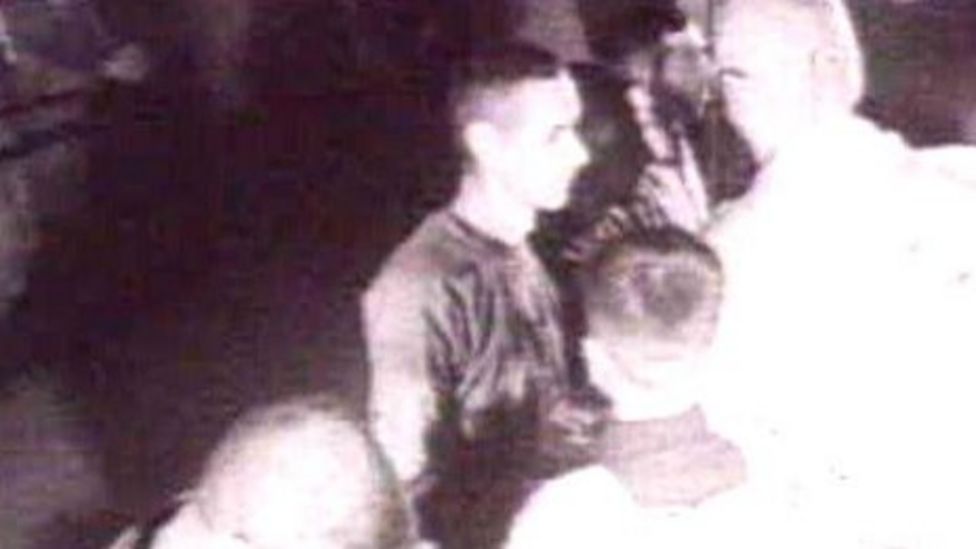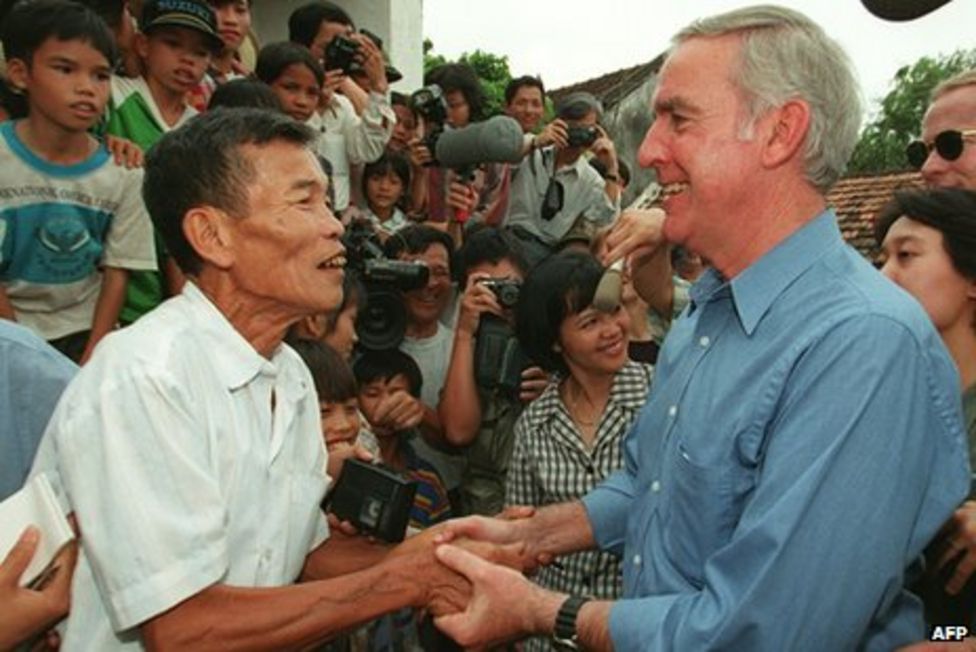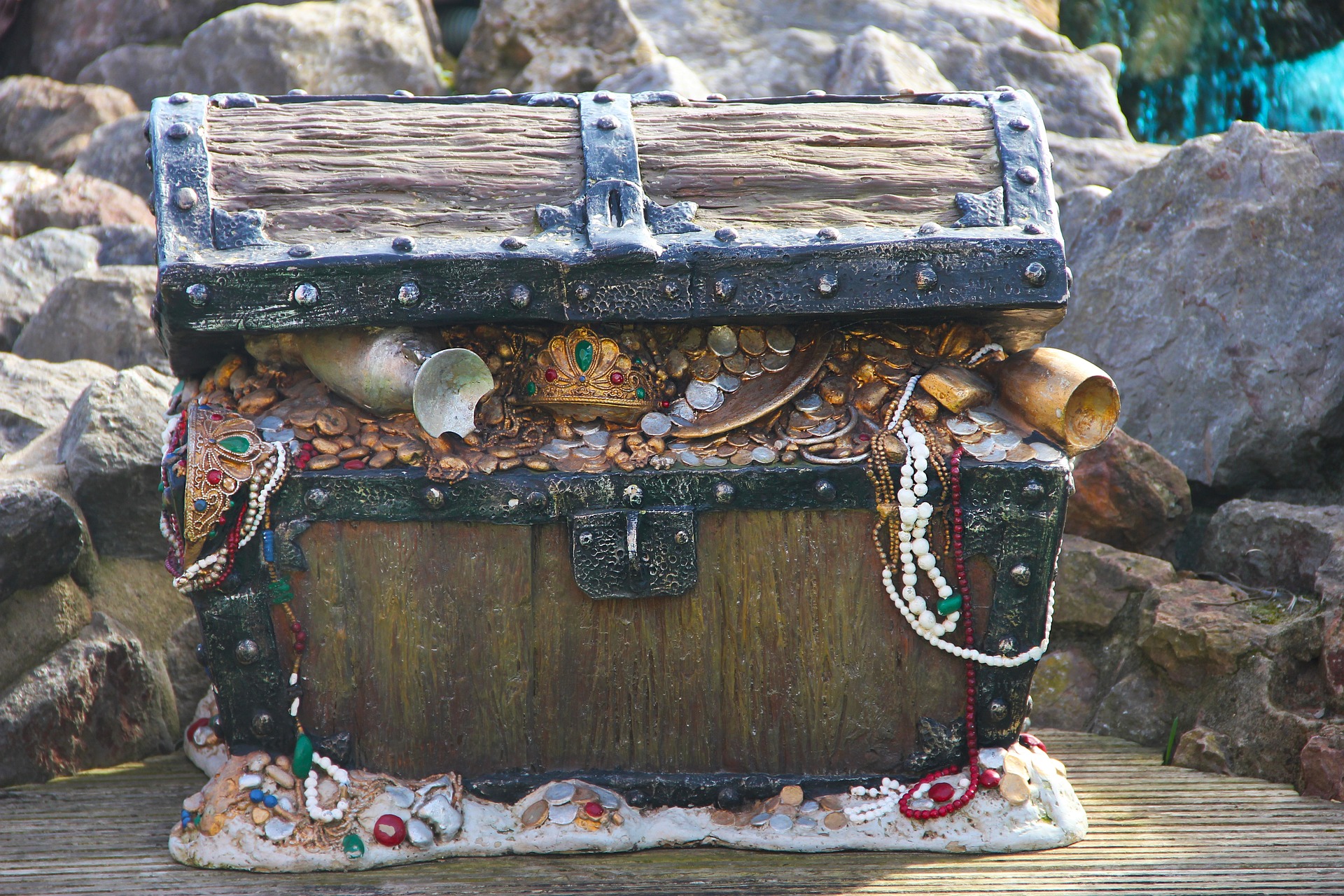It’s Because We Are Loved That We Have Value
We all want to be valued, but most people are looking for it in the wrong place. They’re looking for value from a worldly perspective. They see value in material things.
Our true value is bigger than the world.
Last week we discussed the surprising connection of salt and light, rules and laws. I shared how in Matthew 5 verses 13-20 Jesus shows how these are related.
It’s not good to be without salt and light. The same goes for rules and laws. This isn’t to say that there aren’t some poor human laws (like India’s cobra law).
God’s rules, however, are meant for our protection.

My Mom lives in the country and a neighbor down the road has a dog that likes to run out in front of cars, running around in circles barking. Mom was concerned that she was going to run over the dog. So, after dealing with this for a while, one day before the dog had a chance to get started, she stopped the car, rolled down her window and forcefully told the dog to get back in the yard. After repeating this to the dog a few times, it went back to the yard. This process went on for a while as Mom would drive by. Now, the dog recognizes Mom’s car and doesn’t even bother to go to the road.
People are like this dog and sometimes God has to roll down His window for us.
This week Pastor Lee continued looking at God’s rules and laws in Matthew 5 looking at verses 21-37. Like the dog, these rules are for our benefit. God’s rules are because He loves us.
The religious leaders in Scripture were focused on the rules not God’s love. Jesus came to fulfill the law not to abolish it. He came because He loves us.
It can be hard to love people who treat us badly. But we are told to love our neighbor. The worse a neighbor has treated you, the harder it is to love them.
We all know how Jesus was treated and how He responded.
But you may not know how Douglas “Pete” Peterson was treated or how he responded.
Pete was flying bombing missions in Vietnam in 1966 when his plane was shot down. He landed in a mango tree and was badly hurt. He had head injuries, both knees dislocated, a broken leg, arm, and shoulder.
He was caught by a group of villagers. They stripped him of his clothes, bound him and dragged him back to their tiny village. After a while he was moved to another village where he was interrogated, and then, still in his broken, untreated state, piled into the sidecar of a battered motorbike, and paraded through countless other villages.
Then he was taken into Hanoi, to the Hoa Lo prison – known to its American inmates as the Hanoi Hilton – and there he was brutally interrogated.
After four days, Peterson was finally transferred to a hospital and from there, to a prison camp south-west of the city, known as “the Zoo”.

His prison room, “had three air-holes in the ceiling, a trap door in the door which food and so on was passed through, and a bunk, just planks of wood set on concrete pillars – and that was the bed.”
Peterson was released on March 4, 1973.
He remained in the Air Force until 1980, retiring as a colonel.
In 1990, he was elected to Congress and remained there until 1997. During this period, he revisited Vietnam three times in the hunt for information about US soldiers missing in action, the “MIAs” who some believed were still be imprisoned in Vietnam.
These trips were a chance for Peterson to come to terms with his wartime experience.
Peterson became a voice for reconciliation. After he chose not to run for a fourth term in Congress, he was approached with a job offer.
“President Clinton contacted me and asked if I would be interested in being a candidate for the ambassador slot in Hanoi.”
“I was a little concerned. You can go back and visit a country and that’s one thing, but going back and being a chief diplomat of a country is quite different,” he said.
From one perspective, he was a strange choice. How would the Vietnamese receive a man responsible for 66 bombing raids on the country – raids which Peterson admits probably resulted in civilian casualties?
And although he insisted at the time that he would “check hate at the door” would his counterparts in the country buy that, or assume he still bore grudges from his ordeal during the “American War”?
He was welcomed with open arms, according to former LA Times journalist David Lamb. He said that during his four years in Vietnam, Peterson became “a walking billboard for reconciliation”.

He drank tea with Nguyen Viet Chop and Nguyen Danh Xinh – two of the men who pulled him from the tree and dragged him back to the village through the rice paddies. He walked through the fields, holding hands with the grandson of one of his former captors, to the mango tree in which he had fallen 31 years earlier.
Pete Peterson was not a man to relax in his retirement, nor was he one to dwell on the past. Years ago, he said that he had no intention of becoming a “career POW”, but that God had not saved his life for him to be angry. “My life was preserved to do something constructive.”
I believe that we can all take some lessons of forgiveness and love from Pete. He didn’t get hung up on the rules and law…he was focused on love and reconciliation.

We are loved by God and that love is what gives us our value.
It is up to us to share that love with others and show them their value.

